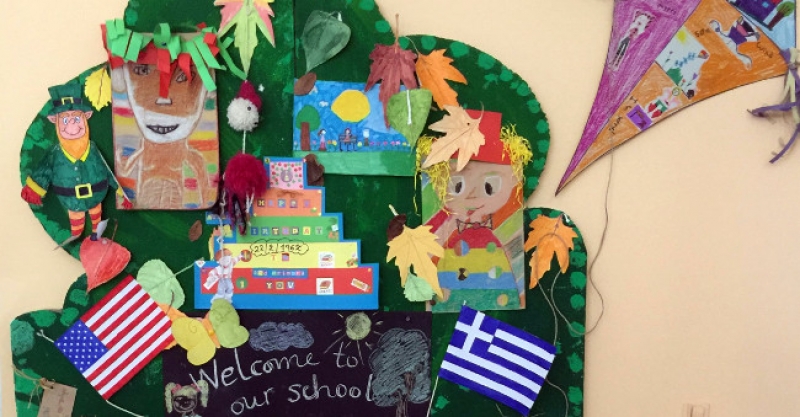
By the amazing Grace Farris.
P.S. Parenting techniques I’ve experimented with and child humor.
**Parenting Techniques in Ancient Greece**
Parenting in ancient Greece was significantly shaped by the cultural, social, and philosophical beliefs of the era. The methods differed among various city-states, such as Athens and Sparta, mirroring their unique societal principles.
**Family Dynamics and Responsibilities**
In ancient Greece, the family, known as “oikos,” served as the core unit of society. The father, referred to as “kyrios,” was the leader of the family, tasked with its well-being and decision-making duties. Mothers played an essential role in overseeing the household and nurturing children, albeit their influence frequently remained within domestic limits.
**Childbirth and Early Life**
Childbirth held considerable importance, commonly attended by midwives. Following a child’s birth, a rite called “amphidromia” took place, where infants were carried around the hearth to signify their acceptance into the family. This ritual typically occurred five to ten days after birth.
Infant mortality rates were high, and a child’s survival was uncertain. Newborns were occasionally subjected to exposure, a practice in which unwanted infants were abandoned outside to perish or be taken in by others. This was particularly prevalent in Sparta, where infants deemed weak or deformed were not reared, highlighting the city’s focus on physical strength and military capability.
**Education and Development**
Education held great importance, particularly in Athens, where boys were instructed in various disciplines, including music, gymnastics, and philosophy, preparing them for civic duties. Initial education commenced at home, with mothers imparting basic skills until boys began formal schooling around the age of seven. Conversely, girls had limited access to formal education and were trained in domestic tasks to ready them for marriage.
In Sparta, the upbringing of children was distinctly different. From the age of seven, boys entered the “agoge,” a rigorous state-run education and training program aimed at cultivating disciplined and skilled warriors. Spartan girls also received physical training to ensure they would become healthy mothers of vigorous offspring.
**Ethical and Moral Education**
Greek thinkers such as Plato and Aristotle underscored the significance of moral education. They contended that virtues like courage, temperance, and justice should be imparted from an early age. Storytelling and mythology were fundamental in teaching these principles, with narratives of heroes and deities acting as moral role models.
**Rituals of Transition**
Adolescence was marked by various coming-of-age rituals. In Athens, boys participated in a ceremony called “ephebia,” marking their transition into adulthood and preparing them for military roles. This rite included physical training and civic instruction, culminating in a public declaration of citizenship.
**Final Thoughts**
Parenting practices in ancient Greece were varied and mirrored the values and priorities of distinct city-states. While Athenians emphasized intellectual and civic education, Spartans prioritized physical training and military ability. Despite these distinctions, the primary aim remained to nurture children who could enhance the welfare and continuity of their society.



